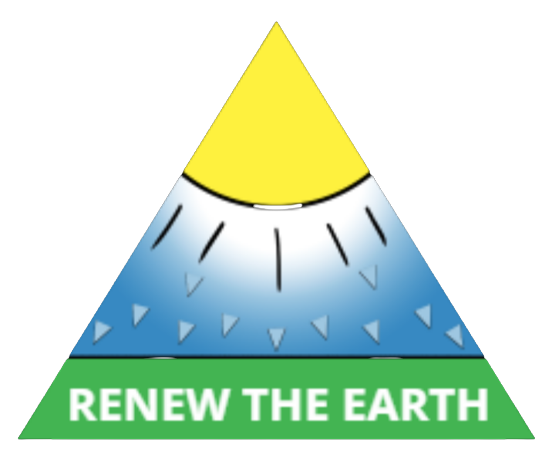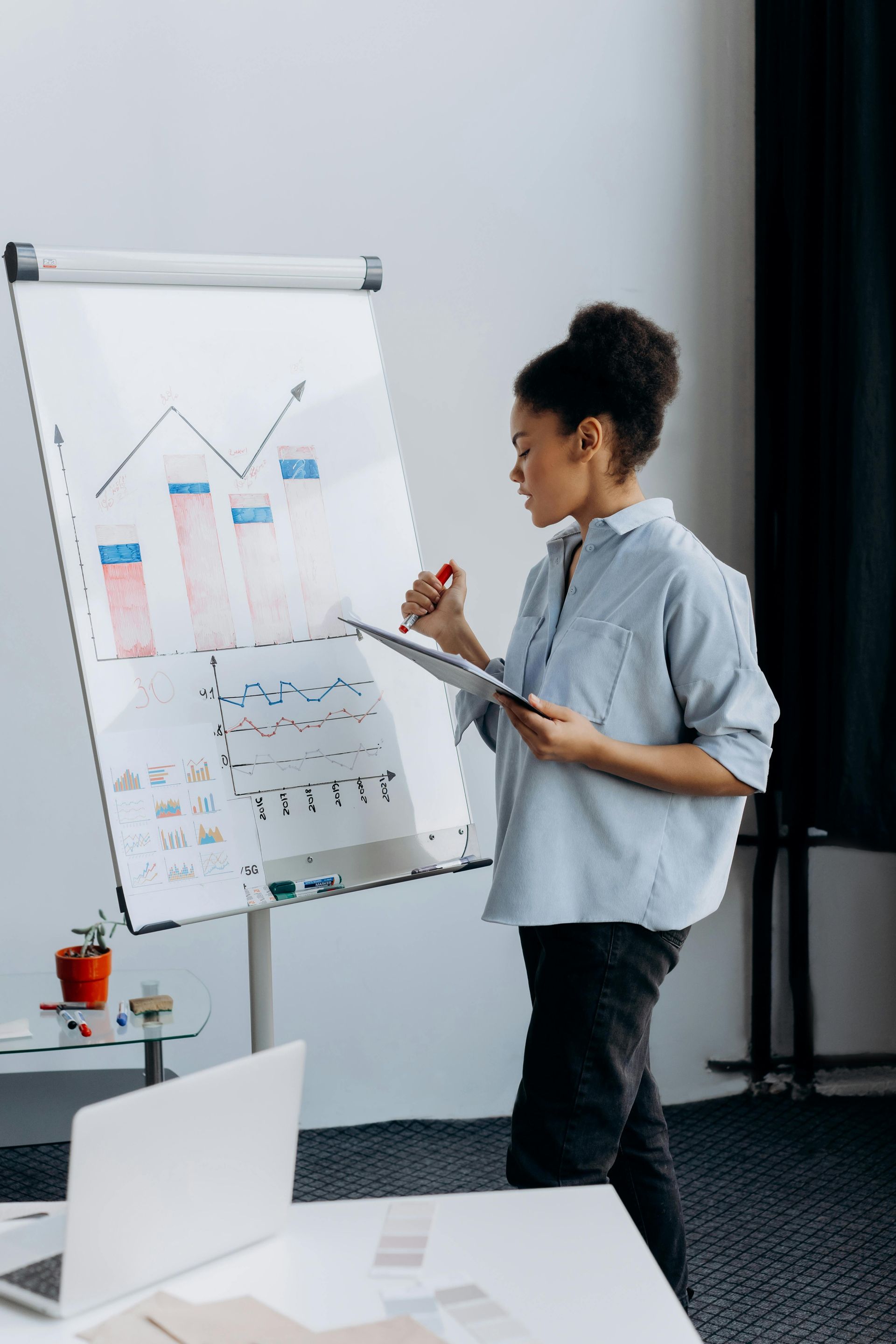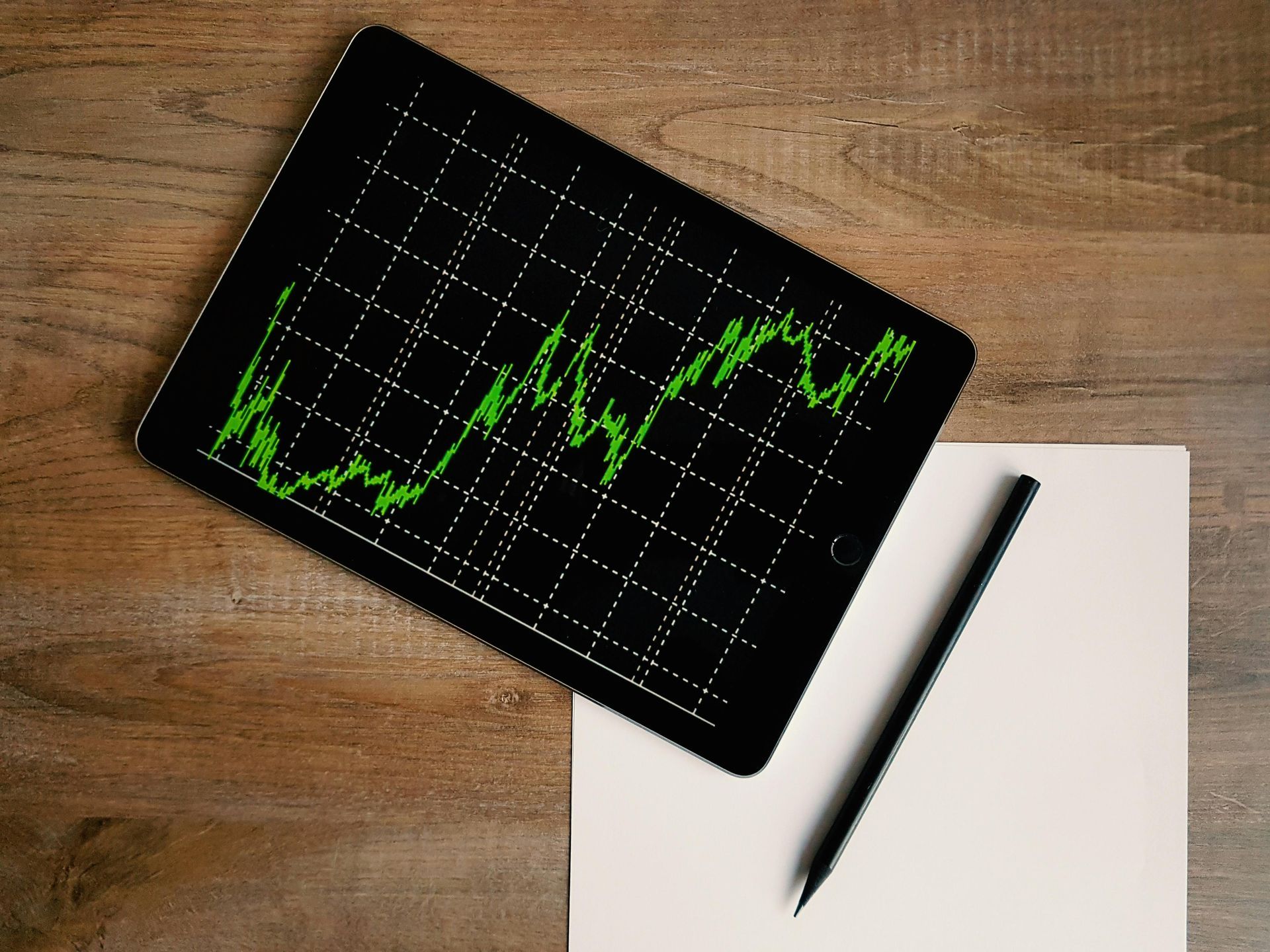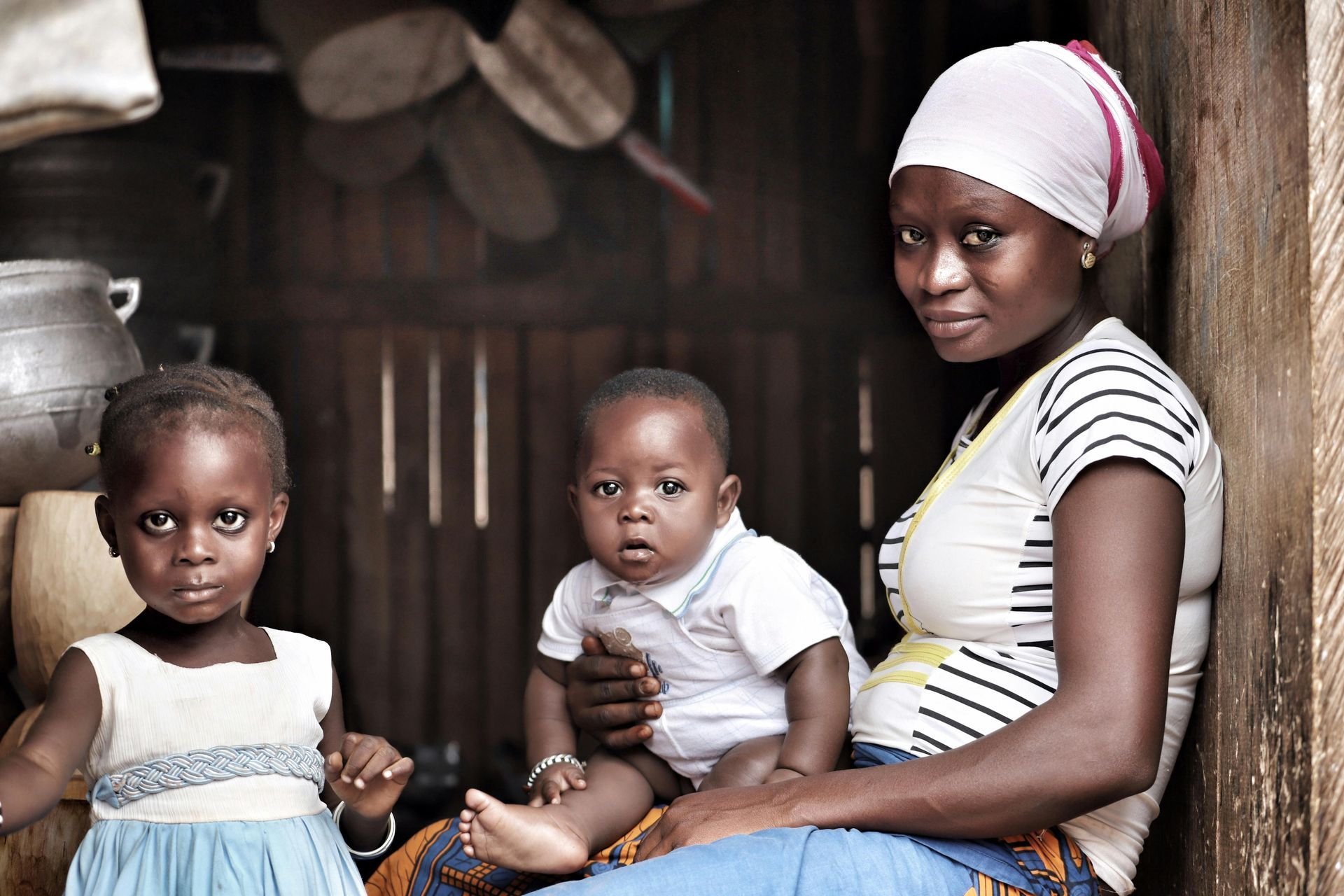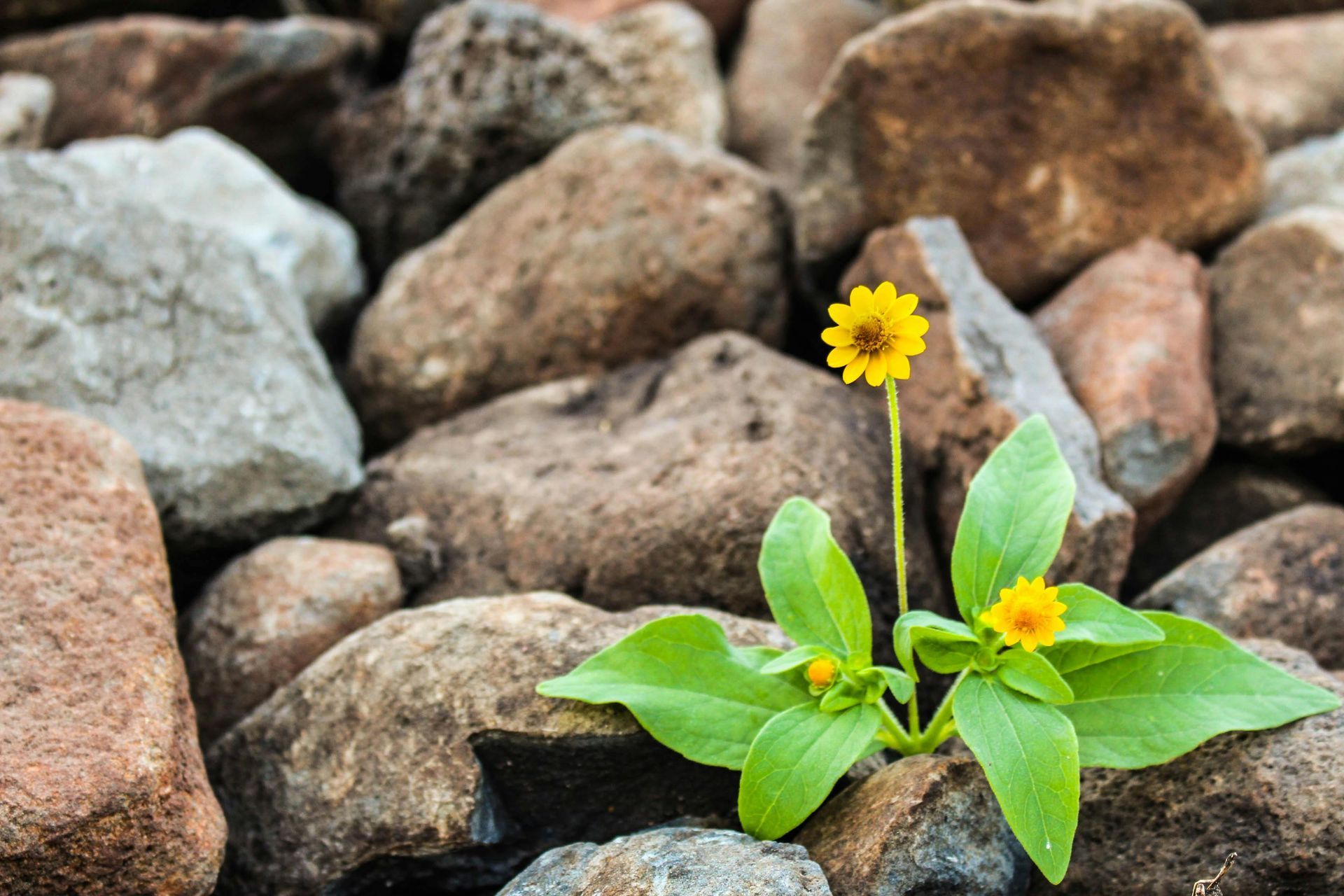Blog Layout
Keep an Eye Out for Bill Holmberg’s Biomass Blog…
Jeff & Susan • February 6, 2016
We will be hosting the Bill Holmberg Biomass Blog right here at RTE. Mr. Holmberg is the Biomass Chair Emeritus at the American Council on Renewable Energy. He brings a wealth of knowledge and experience and will be a great asset for our community. You can learn more about Bill here , and be sure to check out the rest of the ACORE webpage.
-The RTE Team

February 14, 2025
Introduction: Rethinking the Meaning of Wealth In traditional economic systems, success is measured primarily by Gross Domestic Product ( GDP ), stock market performance, and financial wealth. These indicators focus on money flow and profit generation but often fail to reflect the true well-being of people and the environment. At Renew the Earth, we believe that an economy should not only be about financial transactions but also about human welfare, sustainability, and equitable resource distribution. This article explores why our current measurement of success is flawed and presents a new framework for defining wealth in a way that serves both people and the planet: a parallel currency, which is one currency that provides basic needs to all humanity and runs next to all other existing currencies.
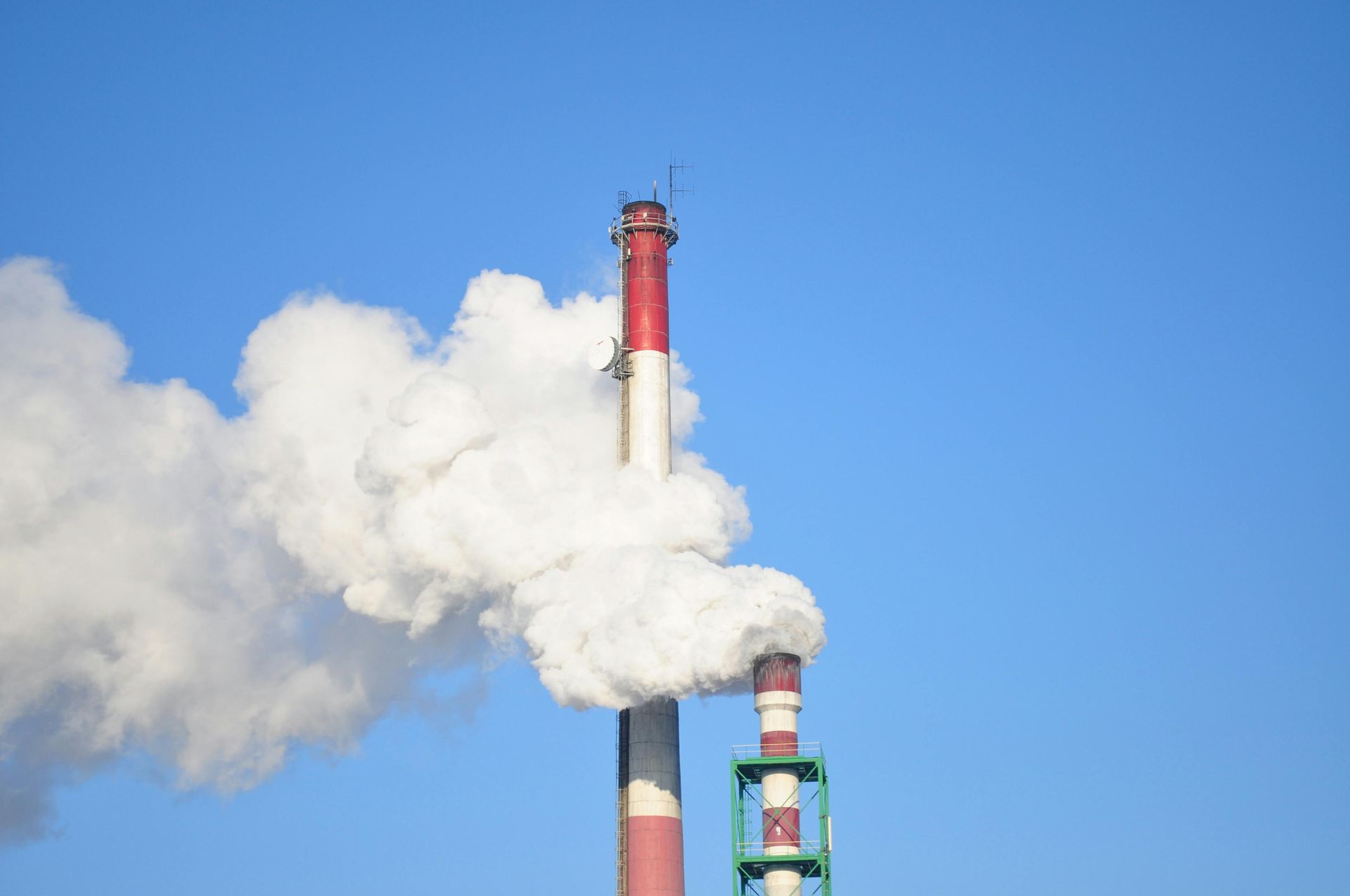
January 30, 2025
Breaking New Ground to Address Inequality Climate change and economic injustice are two of the most pressing challenges facing the world today. While the effects of climate change are felt globally, its impacts are not evenly distributed. Vulnerable communities often bear the brunt of environmental degradation, facing disproportionate risks from extreme weather events, food insecurity, and inadequate access to resources. At Renew the Earth, we believe that addressing these interconnected issues requires a bold, innovative approach—one that includes the introduction of parallel currencies like Energy Currency to create a more equitable and sustainable future. The Uneven Burden of Climate Change The destructive effects of climate change are magnified for low-income communities and developing nations. Rising sea levels threaten coastal areas, droughts devastate agricultural regions, and floods displace millions, often in regions that lack the infrastructure to respond effectively. Vulnerable populations have fewer resources to recover from these disasters, which perpetuates cycles of poverty and inequality. Compounding this problem is the global economic system, which prioritizes profit over people and the planet. Many economic policies favor wealthier nations and corporations, enabling them to exploit natural resources and labor in less developed regions. This leaves the most vulnerable populations with the fewest tools to combat climate change while struggling to meet their basic needs for food, shelter, education, and healthcare.
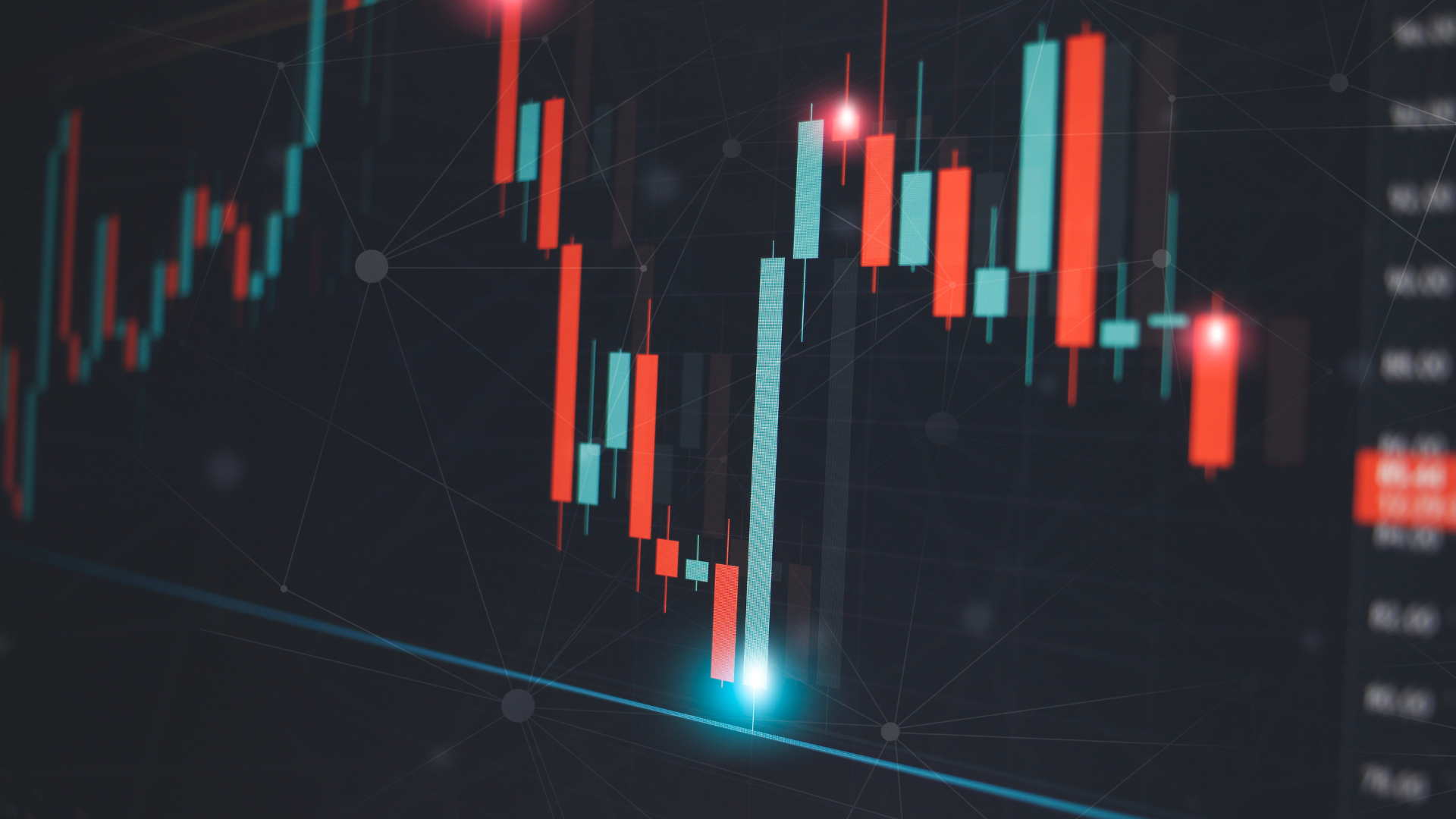
January 22, 2025
Balancing Markets to Protect Democracy Market economies have driven progress and innovation for centuries, but they also have inherent flaws that, if left unchecked, can erode democratic values. At Renew the Earth, we advocate for a supplemental system—a parallel currency focused on fulfilling basic human needs like food, shelter, education, and healthcare. By addressing the shortcomings of market capitalism, this approach could safeguard democracy and ensure a more equitable future.
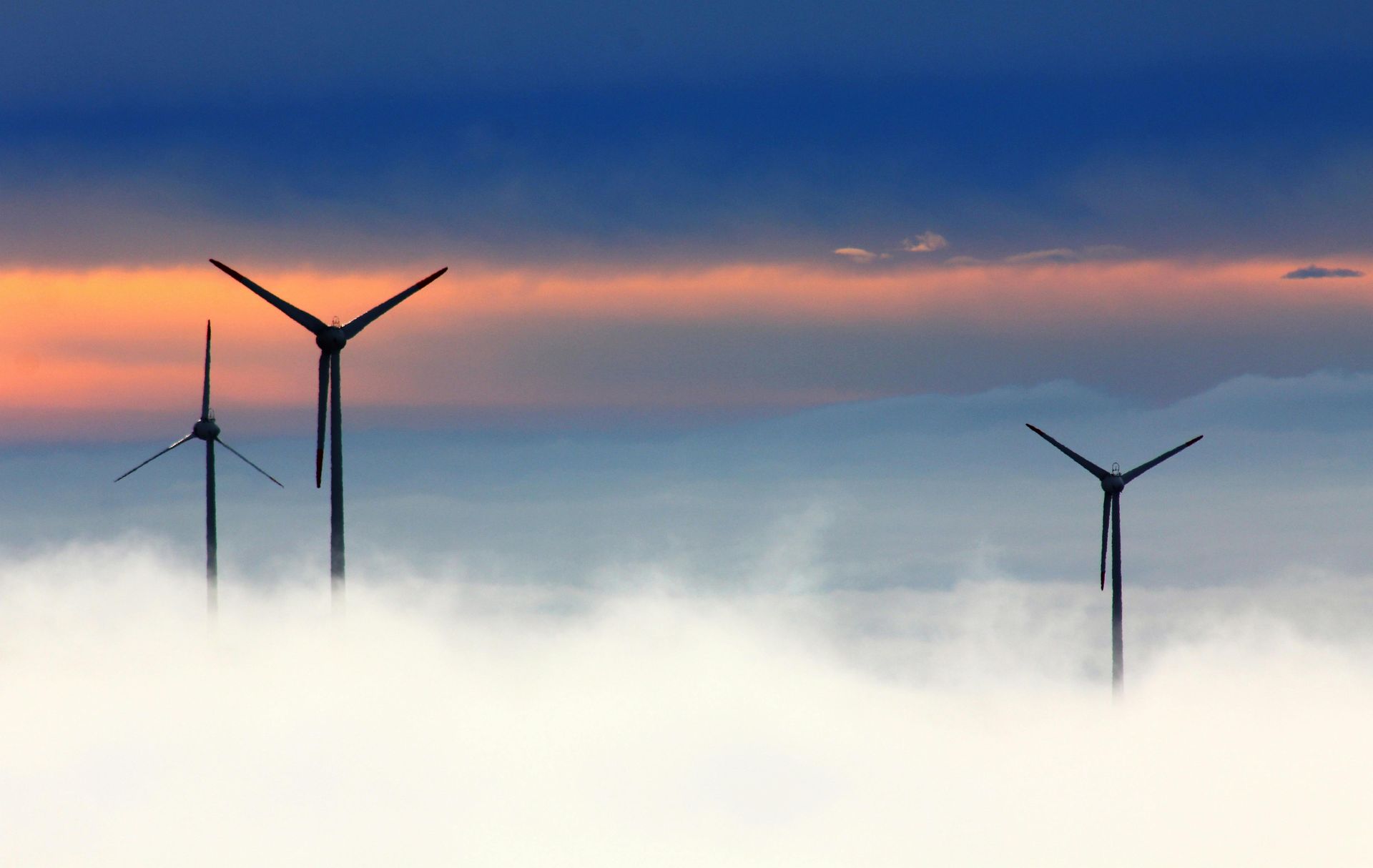
January 16, 2025
Overcoming Inequality Economic inequality and environmental degradation are two interconnected global crises. As wealth becomes increasingly concentrated among a small minority, millions of people struggle to access basic needs such as food, shelter, healthcare, and education. Simultaneously, the planet faces unprecedented challenges, from climate change to biodiversity loss, largely driven by the overexploitation of resources for profit. At Renew the Earth, we believe in a transformative solution: the introduction of an Energy Currency—a parallel economic system designed to prioritize human and environmental well-being. The Limitations of Traditional Economic Systems Modern market economies , while efficient in driving profits, often fail to distribute resources equitably . Wealth generated through financial speculation rarely circulates back into the real economy to benefit communities. Instead, it exacerbates inequality, leaving many without access to essential services. Moreover, the focus on continuous growth comes at the expense of the planet’s health. Unsustainable practices—such as deforestation, pollution, and overuse of natural resources—accelerate climate change and threaten the survival of countless species, including our own. Without intervention, these dual crises will only worsen, pushing societies toward economic instability and environmental collapse.
Contact Information
© 2025
All Rights Reserved | Renew The Earth
